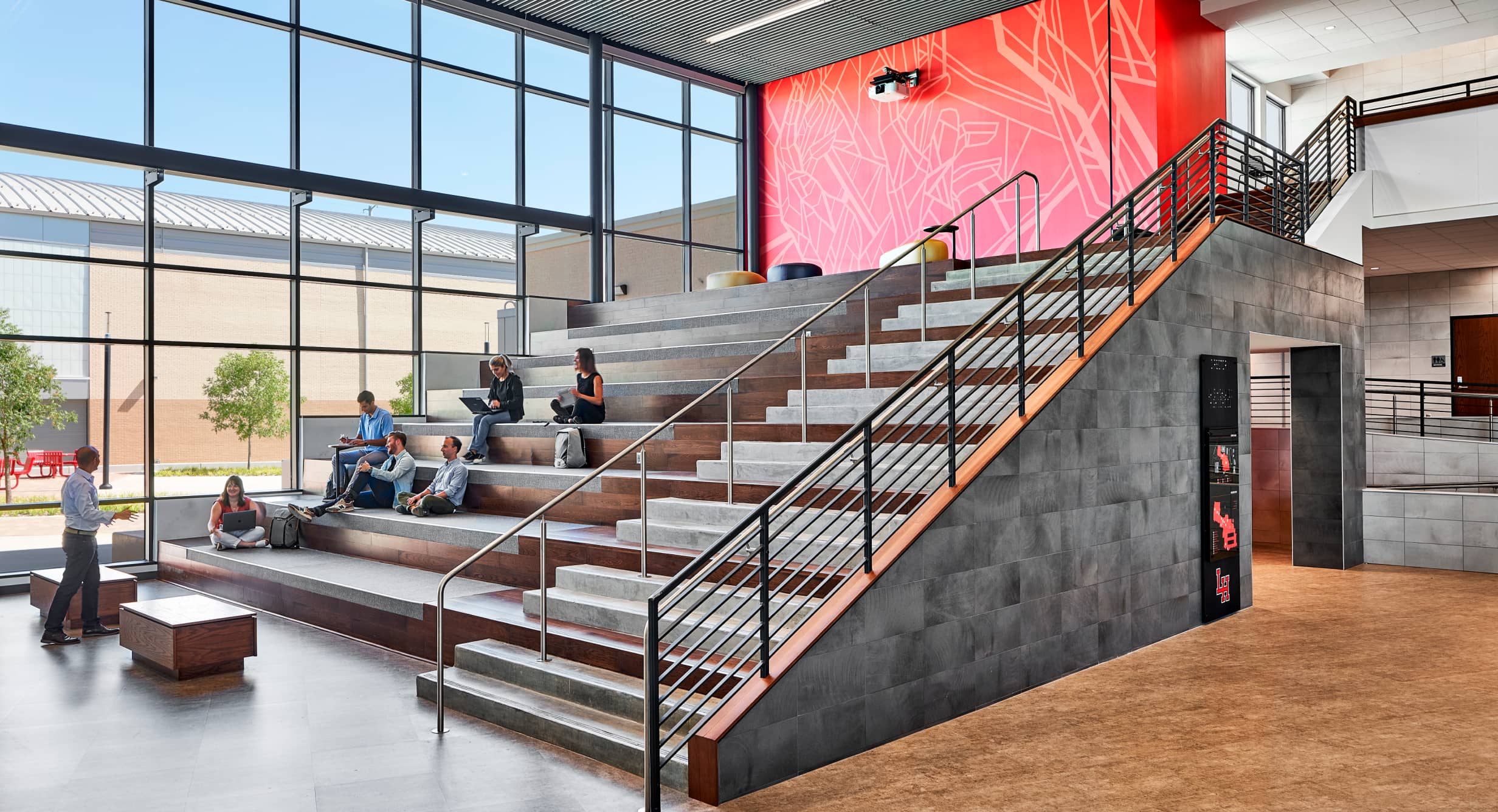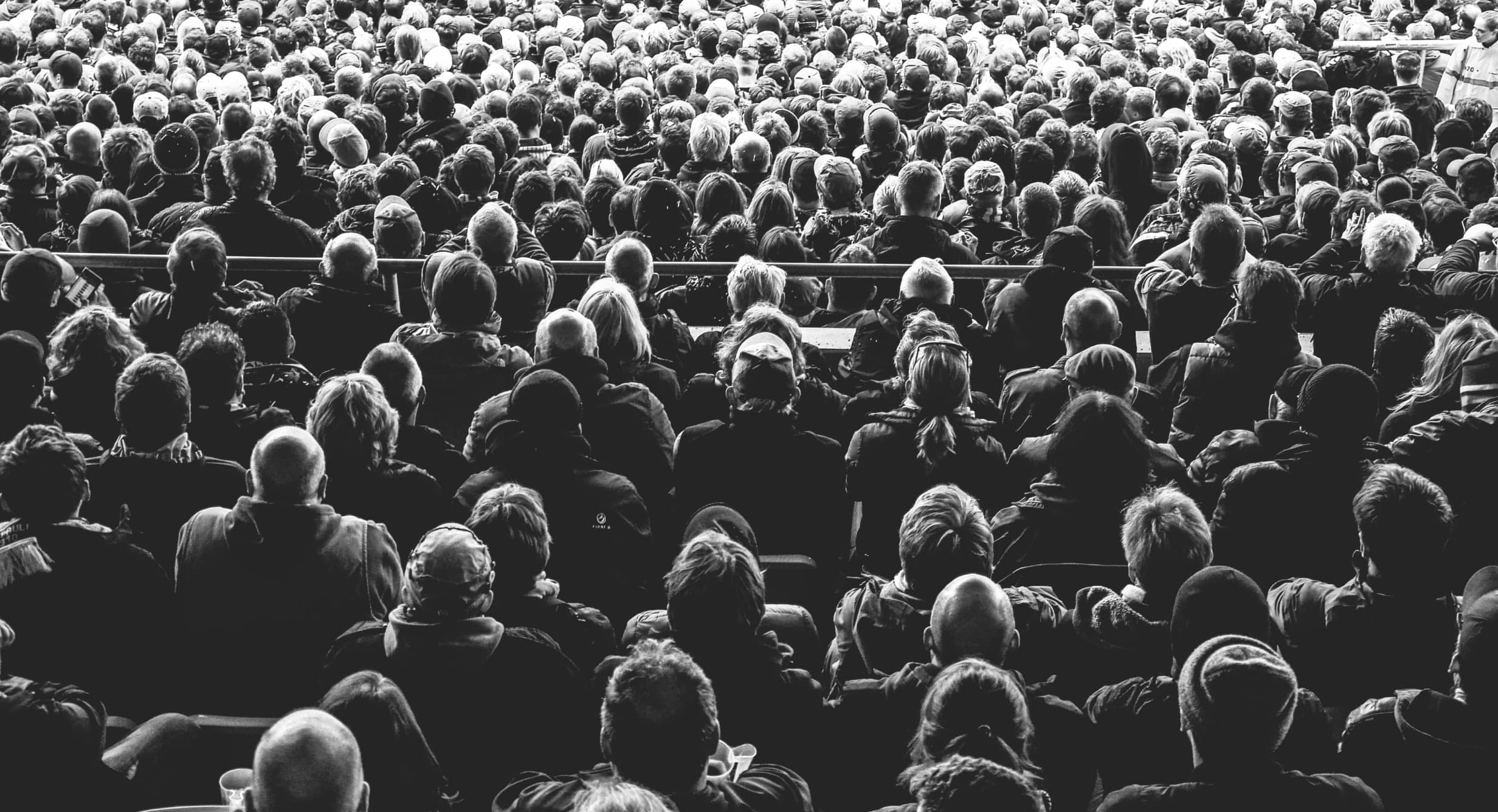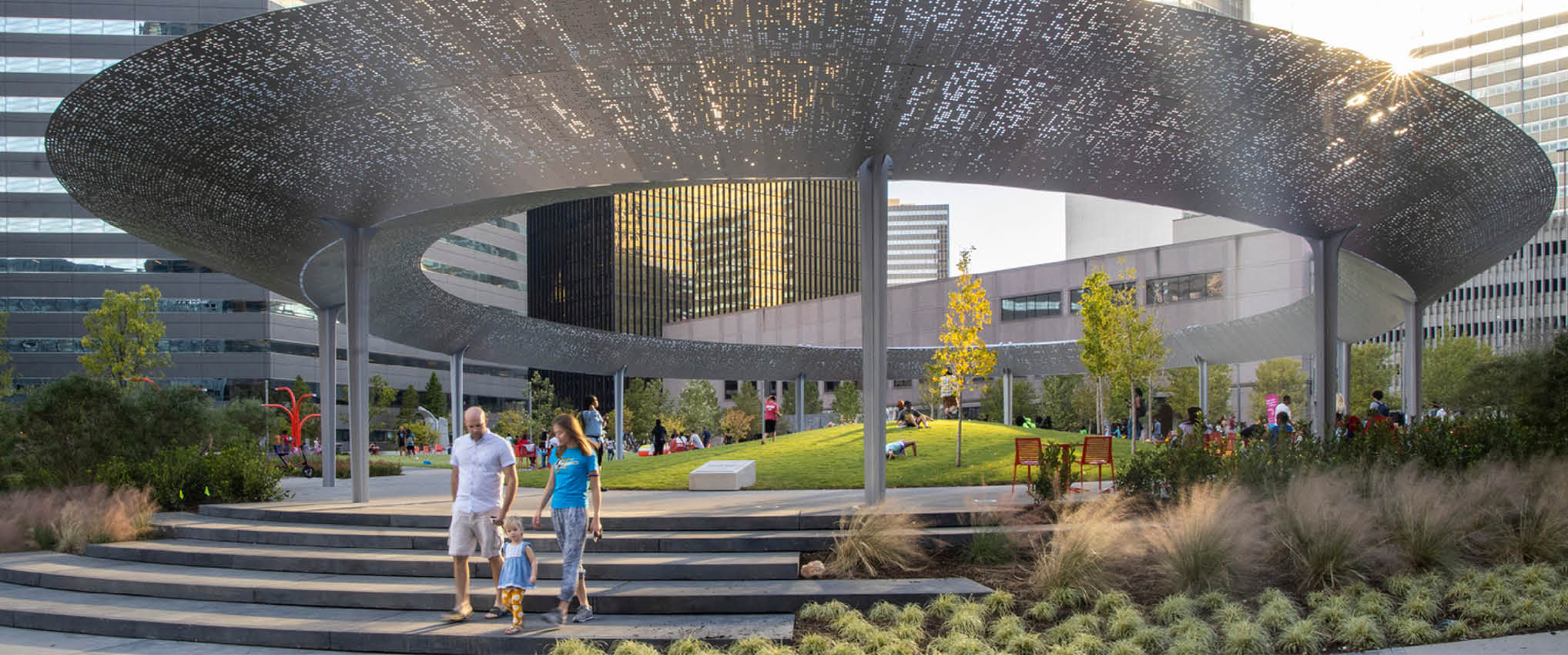
The Place at Honey Springs A New, Inviting Future for a Historic Dallas Community
Dallas, Texas, USA
The Challenge
The Joppa community was founded in 1872 as a freedmen’s town in present-day South Dallas. Today, the community is isolated from the rest of the city by the borders of a highway, a river, railroad tracks and industrial sites. The neighborhood — also known as Joppee — is a food desert and lacks access to city infrastructure such as grocery stores or sports facilities.
Citizen HKS partnered with the Melissa Pierce nonprofit organization to revive the abandoned 1950s Melissa Pierce School into a vibrant multipurpose center that reflects the rich history and character of Joppa.
The Design Solution
After extensive community engagement, the design team developed The Place at Honey Springs, a multipurpose center that embodies the vibrant spirit of Joppa’s residents. The center is named for the Joppa community’s original name of Honey Springs, which was annexed into the City of Dallas in 1955.
The Place at Honey Springs features several indoor and outdoor multipurpose areas for community gatherings and dining. A recording studio and classrooms for after-school programs and continued education encourage creativity and lifelong learning.
The center also boasts a variety of opportunities for neighbors to pursue active lifestyles, including a soccer field, basketball court, exercise stations, open green areas and an indoor swimming pool. Further, community members will have access to fresh produce from multiple aeroponic gardens, and there is dedicated outdoor space for a pop-up clinic to deliver medical services.
The Design Impact
The Place at Honey Springs stands as a testament to Joppa’s enduring history while equipping the community with tools to design its future. By reimagining the original school building, the new community center helps preserve Joppa’s identity, but is also more sustainable than a brand-new structure.
The new sloped roof allows for the collection of rainwater to irrigate the center’s native landscaping, and the addition of new trees helps to mitigate the urban heat island effect. If incorporated, solar panels, minimal glazing on the south side of the building and other passive strategies could reduce both energy use and operating costs.

Project Features
- Soccer field
- Outdoor dining
- Basketball court
- Gyms
- Garden
- Indoor pool
- Recording studio
- Indoor/outdoor event space
- Professional development center
Awards
- 2023 Greater Dallas Planning Council Unbuilt Dream/Study Project Award











